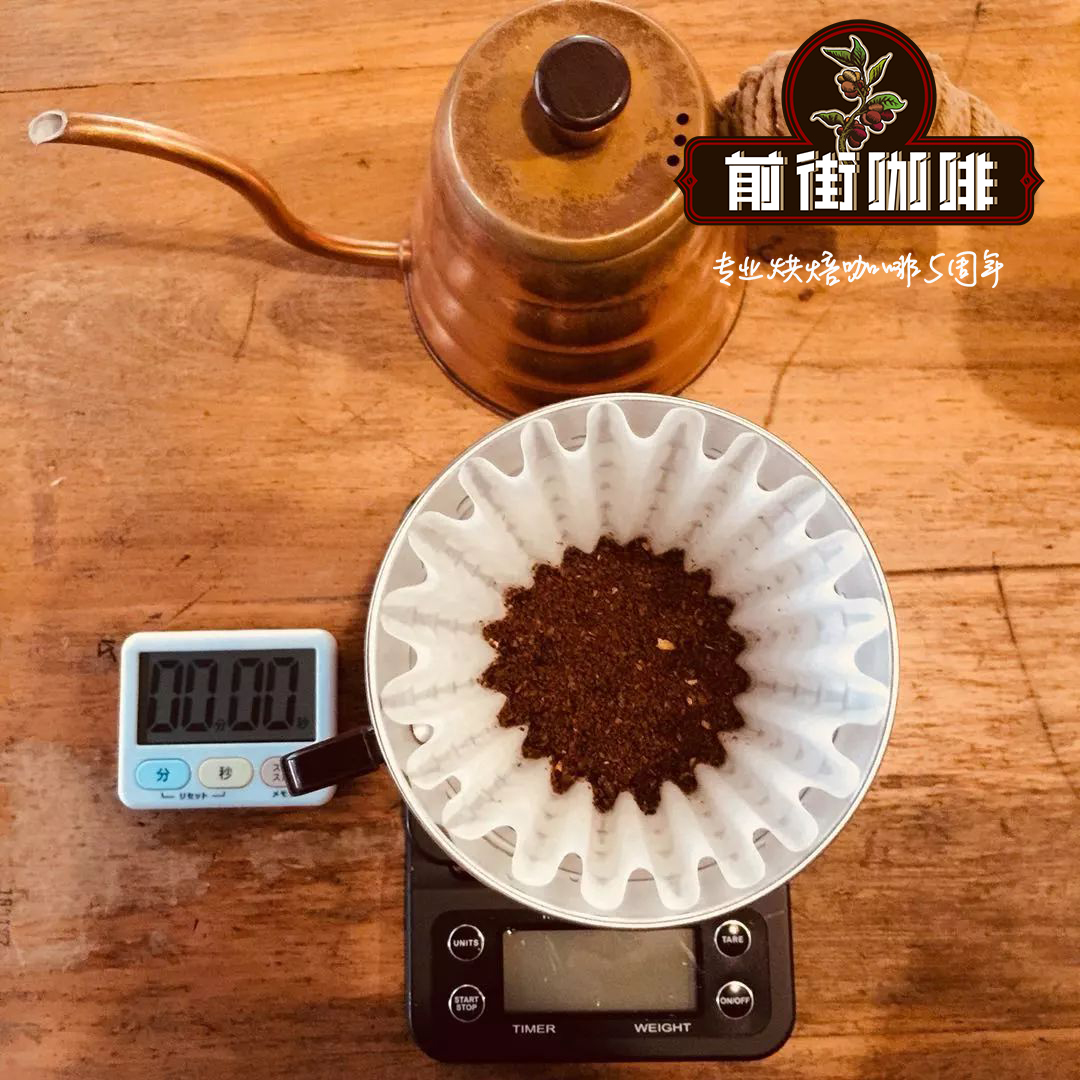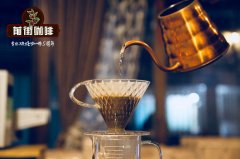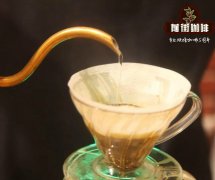How does coffee powder affect the thickness of grinding, cooking time, water temperature or the quality of coffee beans

Professional coffee knowledge exchange more coffee bean information please follow the coffee workshop (Wechat official account cafe_style)
How bitter is the coffee? So sour?
Everyone wants to drink good coffee, sweet and palatable, with explosive aroma and long aftertaste, and hope to drink this kind of coffee every time.
There are many factors that affect the taste of coffee: time, temperature, brewing equipment, etc., but the most important key to good coffee is the thickness of grinding besides good beans and good equipment.
Let's see why the grinding thickness affects so much.
The right thickness makes more delicious coffee.
The secret of good coffee is extraction, but what exactly does extraction mean? Extraction is the process in which the flavor and aroma substances of coffee beans are released into water and combined with water, resulting in a cup of delicious coffee.
However, these flavors and aromatic substances represent a certain flavor, some bring sweetness, some are bitter, some bring fruit flavor, and some bring astringency. These substances will also be extracted at different points in time.
Todd, the US champion of brewing in 2014 and 2016, told the author that the order of substances extracted from coffee is:
Sour, sweet, bitter, and finally astringent.
This means that while controlling the extraction rate, you can control how much substance will dissolve into the coffee, in other words, you can determine the flavor of the coffee. Whether you brew or brew espresso by hand, this is the basic rule for creating a brewing formula.
Of course, the thickness of grinding is also one of the considerations.
There are many reasons that affect coffee flavor: grinding thickness, brewing time, water temperature, coffee bean quality, roasting degree and so on.
Let's quickly define these variables:
Quality of coffee beans: different producing areas, different varieties and different treatments will affect the taste of coffee.
Degree of roasting: if it is not cooked, the coffee will smell sour. If overbaked, the coffee will be bitter and smoky. But excluding these two conditions, the degree of baking can be divided into several kinds: light baking has more fruit flavor and sour quality; medium baking has more sweetness; deep baking has high thickness, bitterness is more obvious, and the complexity of flavor is lower (so there are many high-quality bean bakers. Will tend to choose light to medium baking). But this not only affects the flavor, the deeper the roasted coffee, the faster the substance is released during brewing, which will be discussed later.
Cooking time: the longer the time, the more substances are extracted.
Water temperature: the higher the water temperature, the more substances are extracted.
Next is the grinding thickness, one of the most powerful factors for controlling extraction.
Grinding thickness is one of the biggest factors in the brewing process, increasing the surface area of more coffee so that hot water can extract more matter at the same time.
Important Notice :
前街咖啡 FrontStreet Coffee has moved to new addredd:
FrontStreet Coffee Address: 315,Donghua East Road,GuangZhou
Tel:020 38364473
- Prev

Hand coffee maker brand popularity list recommended [2019 latest version] key points for the selection and purchase of hand coffee pot
Professional coffee knowledge exchange more coffee bean information Please follow the coffee workshop (Wechat official account cafe_style) if you want to easily make good hand coffee at home, you can't do without a handy hand brewer. Many hand-made pots on the market have a wide range of shapes, materials, and even prices, but most of them have very similar shape features.
- Next

How did hand coffee evolve? Take you to explore this simple method of cooking!
Professional coffee knowledge exchange more coffee bean information please follow the coffee workshop (Wechat official account cafe_style) casually step into any boutique coffee shop, nine times out of ten there is at least one hand coffee maker. Although V60 filter cup and Chemex hand brewer have been around for decades, they are still the representative of the third wave of coffee fad. But how did hand coffee evolve? This kind of simple cooking
Related
- Beginners will see the "Coffee pull flower" guide!
- What is the difference between ice blog purified milk and ordinary milk coffee?
- Why is the Philippines the largest producer of crops in Liberia?
- For coffee extraction, should the fine powder be retained?
- How does extracted espresso fill pressed powder? How much strength does it take to press the powder?
- How to make jasmine cold extract coffee? Is the jasmine + latte good?
- Will this little toy really make the coffee taste better? How does Lily Drip affect coffee extraction?
- Will the action of slapping the filter cup also affect coffee extraction?
- What's the difference between powder-to-water ratio and powder-to-liquid ratio?
- What is the Ethiopian local species? What does it have to do with Heirloom native species?

